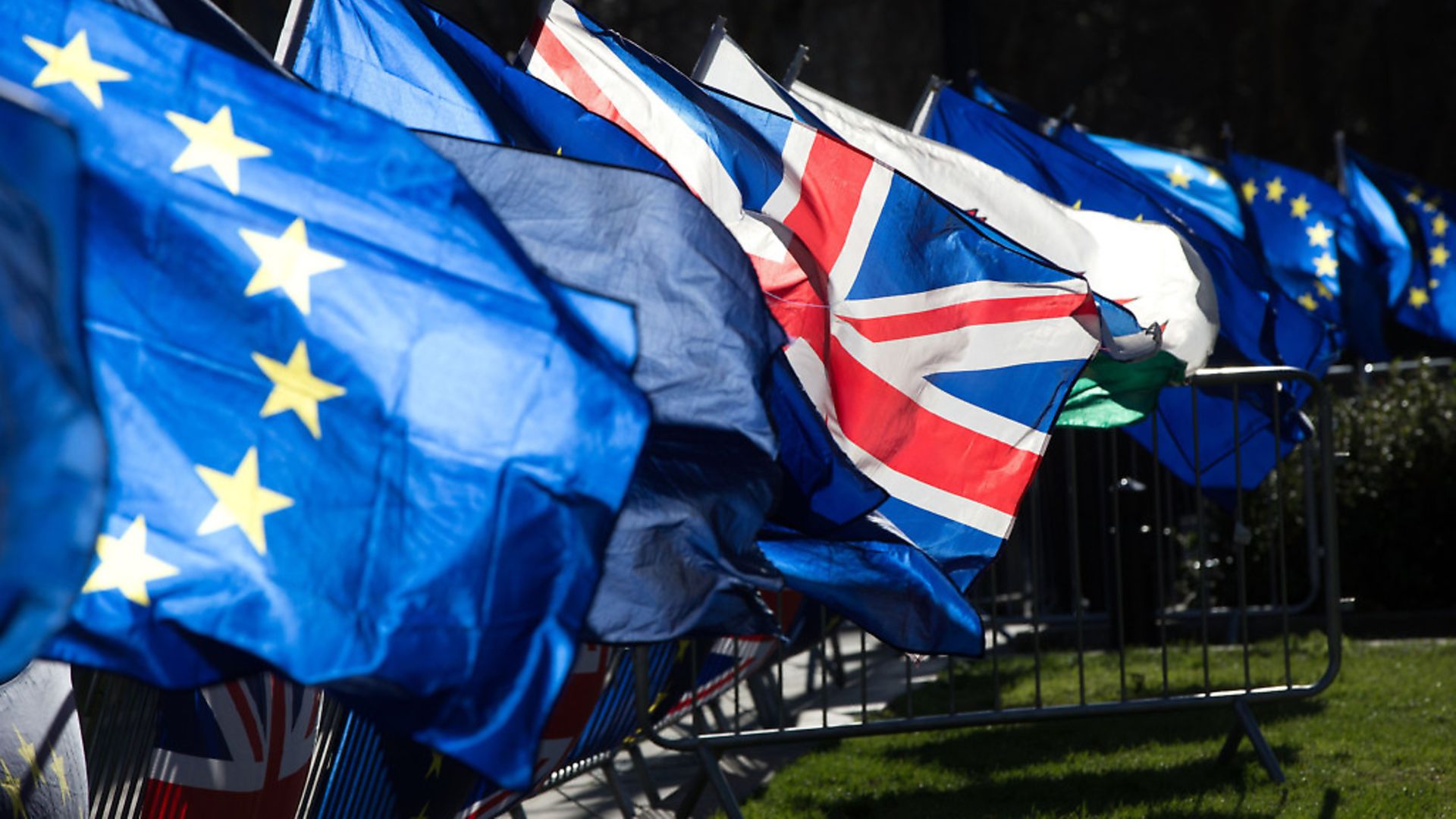
The nation is reeling from this month’s election result. Whilst for some it’s a resounding success, for others it’s the confirmation that something we desperately wanted to avoid is hurtling at full speed towards us.
For me, Brexit is not just something which I wish hadn’t happened. It’s deeper than that – it will affect almost every aspect of my working life and is likely to have a profound impact on our national culture. To clarify, this is not the beginning of an article bemoaning Brexit – like everyone else in the UK we must now be ready for it. Brexit is happening, it’s what the electorate desire and it falls to everyone in the nation to work to make the most of it.
But that doesn’t mean that some aspects of the changes unfolding around us aren’t deeply troubling. What worries me most is how it will affect people. There are around three million EU nationals who have made the UK their home. What of them, in our every changing social and political world? This is an important question to me, as closer to home I’m CEO of an international finance and professional services company, and two thirds of my brilliant staff are EU nationals.
For many, the feelings of ostracization that have been brewing for the last few years have reached a fever pitch since the election, and many people now feel unwelcome in the UK. Over the last few months many of my European friends and colleagues have put voice to a growing feeling that the UK no longer wants the association with Europe, and that we see ourselves as British first and foremost. Last week’s decision has compounded that perception for many. For those who have made their homes in the UK, it raises questions about their future. Added to this feeling of uncertainty is the continued failure of the Home Office to give EU citizens clarity, and the arbitrary rejection of settled status of more than half of those who apply in favour of the more precarious ‘semi settled status’.
At the same time, those who feel the rug of stability has been pulled from under their feet are also subject to the deeply worrying phenomena of rising xenophobia. The narrative has shifted – even before the Conservative landslide we were told that there would be an end to migrants making the UK ‘their own’. Since the election, examples abound of people being told to ‘go home’ or suffering racist abuse when speaking a language that is not English in public. A quick trip through social media will show you that it’s not just EU nationals being made to feel unwelcome – people of colour are being told with horrifying regularity that now Brexit is getting done, they’ll have to go. All of this creates a perfect storm of declining moral, declining safety and uncertainty about legal ability to reside in the UK. Ultimately, this could lead to the people we value and need in our economy departing our shores for somewhere they feel safer.
And beyond the human impact, there is also a startling lack of clarity in terms of what the impact for trade will be. My organisation Accordance is built on the belief that international trade shouldn’t be complicated. We help companies ease the burden that VAT creates; helping them to feel at home in Europe – and the erecting of new barriers provides a significant challenge to be navigated. Whatever Brexit brings it will not be a catastrophe – businesses will still find ways to flourish. But it will undoubtedly be more complicated and is already generating immense uncertainty. Fundamentally, if the thriving nature of the UK is undermined, there will be an obvious impact on people’s desire to live and work here.
Despite all this, despair is a privilege we can’t afford at present. The term ‘Remoaner’ has been regularly banded about, but it can’t be what defines us now. It falls to all of those who believed in a different kind of Britain and an improved and strengthened bond with the EU to regroup and organise. Within a few weeks we will be out of the union, but Europe isn’t going anywhere. We must keep it alive and kicking and continue to uphold our strong relationship- now is not the time for division for businesses or people, both in the diversity of our population and in our culture.
Employers across the board for whom the relationship with Europe is significant – be it for financial or cultural reasons – need to unite and work together to dispel the trend towards closed-frontiers-nationalism. This means forming ideas and knowledge sharing networks between organisations that that advocate on behalf of foreign national staff. It means challenging the attitudes that put a perceived Britishness above other culture. It means dispelling the myths about legal status and ability to live and work. Fundamentally, it’s about offering reassurance and advice to EU nationals in the UK, in the form of legal assistance and advice, and practical moral and emotional support where appropriate.
We’ve begun this journey at Accordance – we ran several ‘Brexit clinics’ this year for our European staff (and anyone with concerns) and invited external advisors like employment lawyers and Brexit specialists. I’ve also made it my mission to ensure that our European staff know that they are welcome and supported by myself and other members of the senior team. But there is more work to be done. Employers across the board must take big and little steps to protect and support our EU staff – but it starts with letting people know that you have their backs. We are all deeply European after all, and leaving the EU won’t change that.
– Lucy Franklin is the CEO of Accordance.
Warning: Illegal string offset 'link_id' in /mnt/storage/stage/www/wp-includes/bookmark.php on line 357
Notice: Trying to get property 'link_id' of non-object in /mnt/storage/stage/www/wp-includes/bookmark.php on line 37






